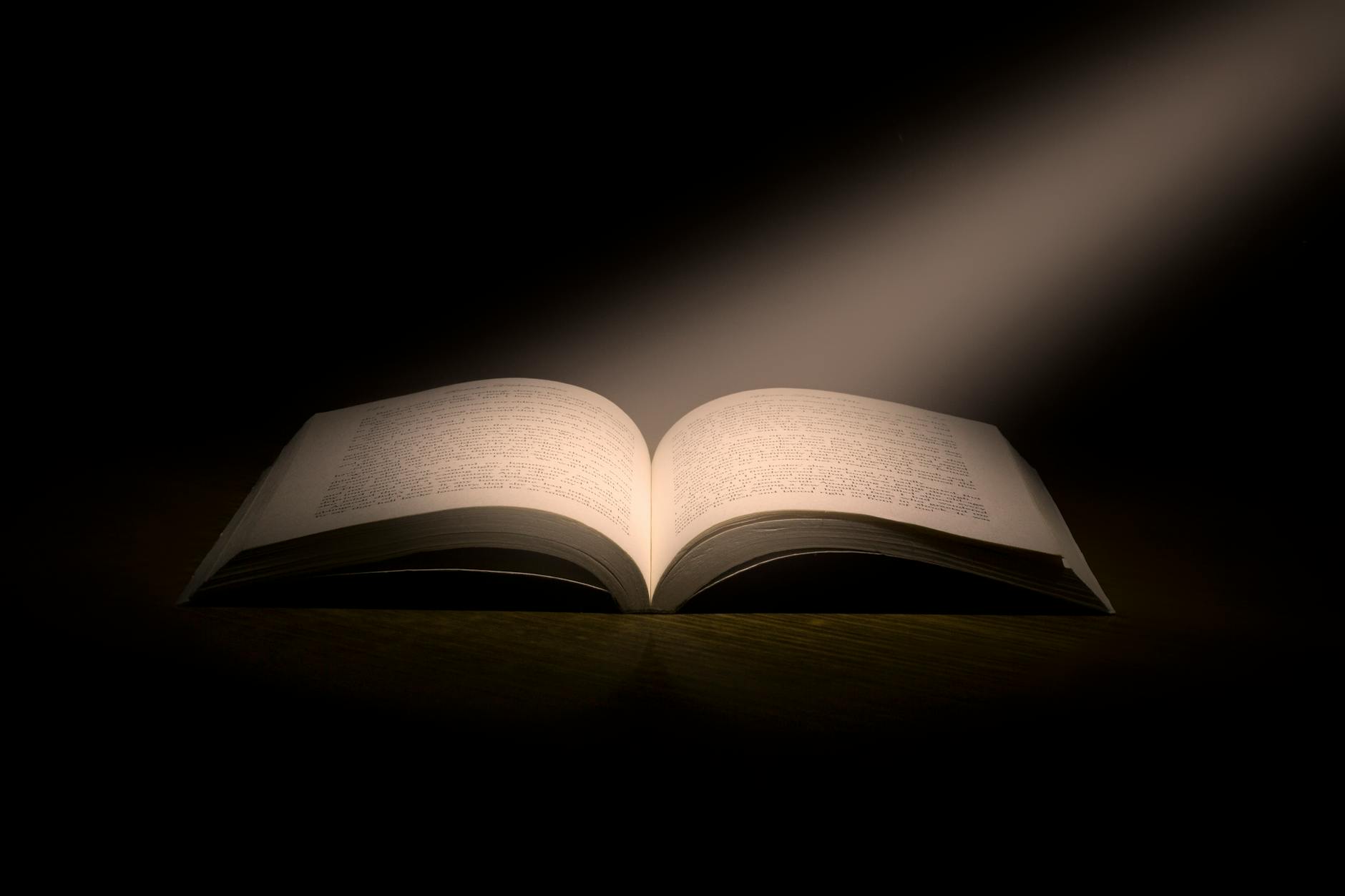Over the decades, I’ve weathered entire weeks when my usually reliable companion, the art of writing, will slip away from me. There are entire months when I’ll be suffocated by the weight of writer’s block. My creative spark will seem snuffed out like a candle in the wind.
So, as someone who often writes about the art of writing, ironically enough, I have to say that falling out of a good “groove” is more commonplace than I’d like to admit. In these moments of creative silence, I must make a conscious effort to rekindle the connection between my thoughts and the written word. The first step, then, is to acknowledge the problem. Too often, we writers will ignore that it’s even a problem. We’ll tell ourselves, oh, we just need to take a break and get back to it tomorrow. Well, tomorrow very often turns into next week.
From time to time, we must face the fact that writing has a strange way of losing its appeal, buried beneath the pressures of deadlines, self-doubt, and fear of judgment. We get so consumed by the desire for perfection, it can leave us paralyzed. So, to get past this, we must give ourselves permission to let go of any expectations, from within and without, and simply write.
The burden of producing a flawless masterpiece is imaginary. It’s not going to happen, even at our very best. You may find your initial attempts at rediscovering your writing groove to be stilted. Some days, my writing brain acts like a rusty bicycle chain that needs oiling. But, with each word, sentence, and paragraph, I’ll find the gears begin to turn more smoothly. I’ve realized that the only true way to regain our writing prowess is to practice.
So, we must set aside time every day to write, committing to this sacred ritual with zeal. Sometimes, I’ll just sit there and type for what seems like forever. Journaling works for me in this regard, giving me a reason to produce words even when I’m not actively working on a project. In the past, I’d whip out a quick poem or two to get the creative juices flowing. Even if more often than not those exercises emerge as jumbled messes, the practice itself is essential.
In fact, that’s how I have written hundreds of poems, by writing a lot of bad ones, too. It’s also how I’ve forced out 300 to 500 word articles about topics I’m interested in, like video games and trading cards. Still, putting words together at all can be a challenge sometimes. So, when the flow still isn’t coming to me, I explore even more different styles and genres.
Seeking ways to further stimulate my creativity often leads me to some rather peculiar and seemingly spontaneous forays into the realms of fiction. I allow myself to be inspired by the world around me. I don’t even go out of my way; I always find something in an online article or a book I’ve set aside for reading to reignite my desire to comment.
Other writers will intentionally seek out experiences to ignite their imaginations. Some people attend poetry readings and workshops, but all these do for me is make me even more critical of my own process. When I visit museums and galleries or even take a trip to a remote cabin in the woods to immerse myself in nature, I just zone out. None of these things actually help me write. They just serve as distractions when I need a break; pauses are necessary, but they don’t directly impact the results that follow.
To get back in a writing groove, I need something concrete and interesting to me. This is when I find a book that tickles my fancy in some way or another. Often times, it’s a title, or an author that I simply haven’t perused enough. When I read these books, I study their prose intently. I mine them for any idea that interests me. I take copious notes and quotations. It’s all done in an attempt to absorb this encapsulated wisdom and somehow infuse it not just into my own writing, but my consciousness, as well.
Rarely I do ever seek to emulate another’s style, especially now in my late thirties, but rather finding a way to blend these disparate influences with my own unique voice. Writing is a deeply personal and intimate process. We must trust our instincts, follow our intuition, and be kind to ourselves as we work through the inevitable challenges of bringing our thoughts out into the open.
Slowly and surely, as long as you keep the writing tap open at a steady pace, the words will eventually begin to flow more easily. I can’t tell you how many times I’ve been stuck for days on end, only to find my words suddenly bursting forth like a river that had been dammed and was now surging forth with newfound power. When you find yourself back in the groove, you shouldn’t just be writing. It should feel like art being created — painting pictures with language and crafting stories only we can tell.
~ Amelia Desertsong


